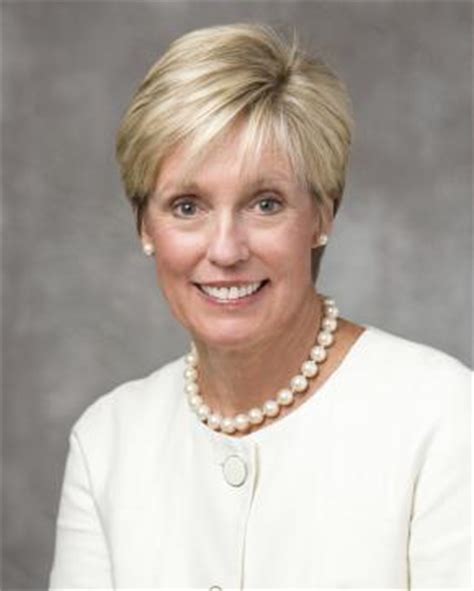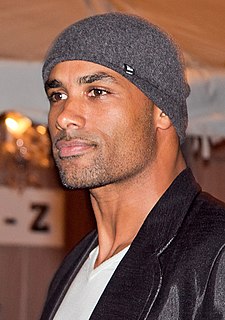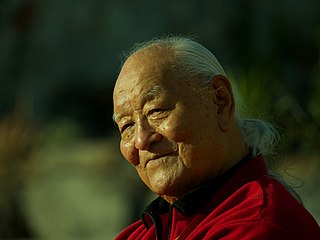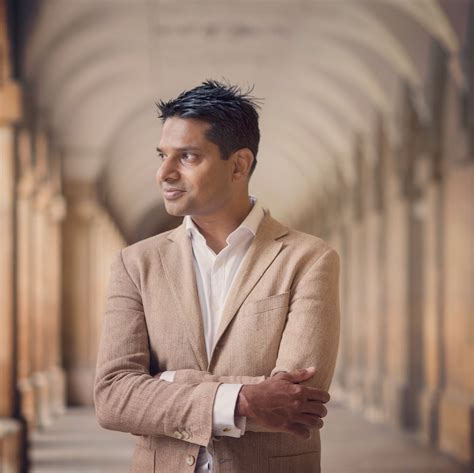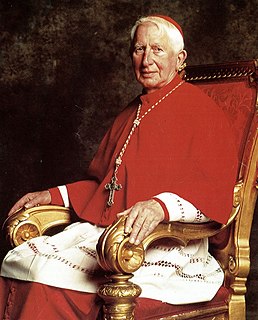A Quote by Clifford Allbutt
Students who have attended my [medical] lectures may remember that I try not only to teach them what we know, but also to realise how little this is: in every direction we seem to travel but a very short way before we are brought to a stop; our eyes are opened to see that our path is beset with doubts, and that even our best-made knowledge comes but too soon to an end.
Related Quotes
The world will teach our children if we do not, and children are capable of learning all the world will teach them at a very young age. What we want them to know five years from now needs to be part of our conversation with them today. Teach them in every circumstance; let every dilemma, every consequence, every trial that they may face provide an opportunity to teach them how to hold on to gospel truths.
Brothers and sisters, as good as our previous experience may be, if we stop asking questions, stop thinking, stop pondering, we can thwart the revelations of the Spirit. Remember, it was the questions young Joseph asked that opened the door for the restoration of all things. We can block the growth and knowledge our Heavenly Father intends for us. How often has the Holy Spirit tried to tell us something we needed to know but couldn't get past the massive iron gate of what we thought we already knew?
Duality is the real root of our suffering and of all our conflicts. All our concepts and beliefs, no matter how profound they may seem, are like nets which trap us in dualism. When we discover our limits we have to try to overcome them, untying ourselves from whatever type of religious, political, or social conviction may contain us. We have to abandon such concepts as 'enlightenment', 'the nature of the mind', and so on, until we no longer neglect to integrate our knowledge with our actual existence.
By believing that only some of our students will ever develop a love of books and reading, we ignore those who do not fall into books and reading on their own. We renege on our responsibility to teach students how to become self-actualized readers. We are selling our students short by believing that reading is a talent and that lifelong reading behaviors cannot be taught.
Summertime, I think, is a collective unconscious. We all remember the notes that made up the song of the ice cream man; we all know what it feels like to brand our thighs on a playground slide that's heated up like a knife in a fire; we all have lain on our backs with our eyes closed and our hearts beating across the surface of our lids, hoping that this day will stretch just a little longer than the last one, when in fact it's all going in the other direction.
'Nature is conquered by obedience' - and her resistless energies are at our bidding, as soon as we, by knowledge, work with them and not against them. We can choose out of her boundless stores the forces that serve our purpose in momentum, in direction, and so on, and their very invariability becomes the guarantee of our success.
... Our individual well-being is intimately connected both with that of all others and with the environment within which we live.... Our every action, our every deed, word, and thought, no matter how slight or inconsequential it may seem, has an implication not only for ourselves, but for all others, too.
Self-deception is a defining part of our human nature. By recognizing its various forms in ourselves and reflecting upon them, we may be able to disarm them and even, in some cases, to employ and enjoy them. This self-knowledge opens up a whole new world before us, rich in beauty and subtlety, and frees us not only to take the best out of it, but also to give it back the best of ourselves, and, in so doing, to fulfil our potential as human beings. I don't really think it's a choice.
We travel, initially, to lose ourselves; and we travel, next to find ourselves. We travel to open our hearts and eyes and learn more about the world than our newspapers will accommodate. We travel to bring what little we can, in our ignorance and knowledge, to those parts of the globe whose riches are differently dispersed. And we travel, in essence, to become young fools again- to slow time down and get taken in, and fall in love once more.
Let's be clear about what Common Core is. It spells out what students should know at the end of each grade. The goal is to ensure that our students are sound in math and literacy and that our schools have some basic consistency nationwide. But the standards do not dictate a national curriculum, and teachers are not told how or what to teach.
That the happiness of man may still remain imperfect, as wants in this place are easily supplied, new wants likewise are easily created; every man, in surveying the shops of London, sees numberless instruments and conveniencies, of which, while he did not know them, he never felt the need; and yet, when use has made them familiar, wonders how life could be supported without them. Thus it comes to pass, that our desires always increase with our possessions; the knowledge that something remains yet unenjoyed, impairs our enjoyment of the good before us.

